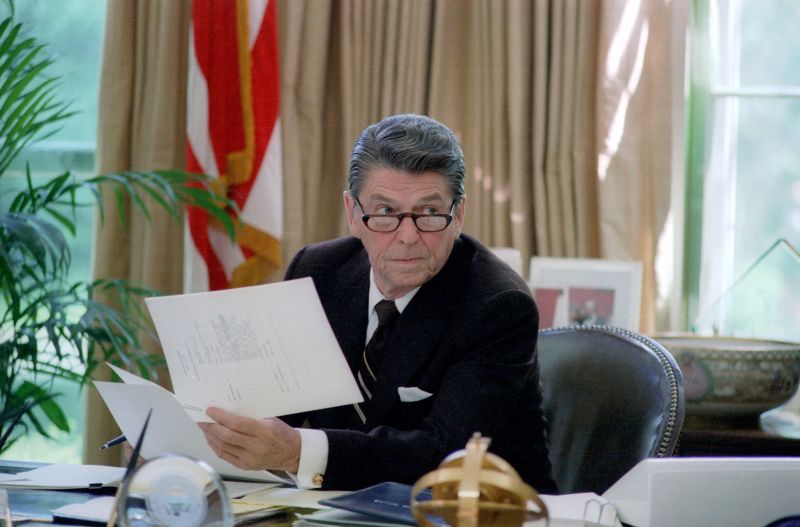PoliticalChic
Diamond Member
...Or.....what Democrats are best at.
The inflation rate under Trump.....1.4%
- John Maynard Keynes, economist, could be considered as FDR’s exponent, and he believed that savings was akin to hoarding, and to greed, and that balancing budgets by paying down debt was unnecessary and counterproductive. He mocked the ‘cult of saving.’
- Keynes flatly rejected America’s tradition of saving and frugality: “the sole…objective of all economic activity” was consumption; lots and lots of spending. John Maynard Keynes, “The General Theory of Employment, Interest, and Money,” p. 104.
- Economist Henry Hazlitt characterizes Keynesian economics: “the more you eat your cake, the more cake [to eat].” Hunter Lewis, op. cit. p. 134.
- If one attempts to see economists as scientists, consider this quote by Keynes for its philosophical, or political nature: “The decadent international but individualistic capitalism in the hands of which we found ourselves after the War, is not a success. It is not intelligent, it is not beautiful, it is not just, it is not virtuous- and it doesn’t deliver the goods. In short, we dislike it, and we are beginning to despise it…” Edward J. Nell, “Growth, Profits, and Property: Essays in the Revival of Political Economy,” p. 191.
- Keynes argues that economics is different for individuals, and for nations: “If the national debt is all internal, as ours is, the nation can hardly go bankrupt. The American people are on both sides of the balance sheet.” Hunter Lewis, op. cit, p. 314.
- Note how the above gives leave to politicians to spend freely.
- Capitalism is discredited.
- With this view of capitalism, based on Keynesian economics, FDR blamed economic collapse on capitalism, and disparaged an economy made up of small entrepreneurs and businesses. The American Constitution held out the hope that ordinary people were capable of deciding their own fates, and this position is very different than the view that drove FDR. Barrus, Eastby, Lane, Jr., Marion, and Pontuso, “The Deconstitutionalization of America: The Forgotten Frailties of Democratic Rule,” p. 70
- FDR, therefore, in trying to apply the equality voiced by the Constitution to economics, had to modify the free-market system: capitalism, with its focus on individual wealth, not equal wealth.
- The two views: the rights of man vs. the rights of men. FDR fought for the latter.
- "Joe Biden’s tax-and-spend economic agenda is the most radical plan ever pro- posed by a Democratic president. It is much bigger, costlier, and riskier than any economic plan proposed by Franklin Roosevelt, Jimmy Carter, Barack Obama, or Hillary Clinton. Biden began by shoving a gigantic $1.9 trillion stimulus package through Congress and then immediately followed up with an even bigger “infrastructure” package, accompanied by steep tax hikes on individuals and businesses.
- President Biden is misreading economic history. Wasn’t he paying attention when President Trump cut taxes, slashed regulations, and unleashed the American economy? Joe Biden is stubbornly committed to the failed Keynesian notion that if you just print up a bunch of money and spread it around like confetti, good things magically happen.
- That notion fails every time it’s tried. In all of history, no one has ever made a multitrillion-dollar wager before. The Biden-Harris administration has bet the entire U.S. economy, and perhaps the world economy, on the proposition that we can keep printing fiat money and piling up trillions of dollars of debt—and the future’s going to be rosy." Spicer, "Radical Nation"
The inflation rate under Trump.....1.4%
Last edited:


